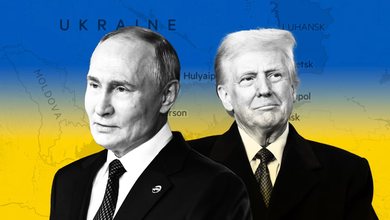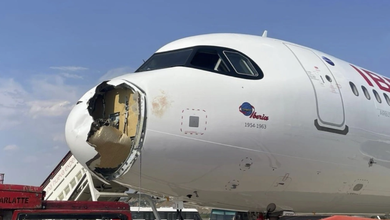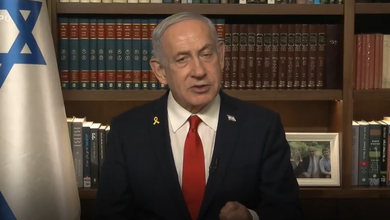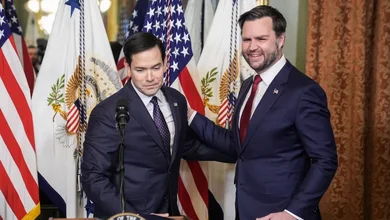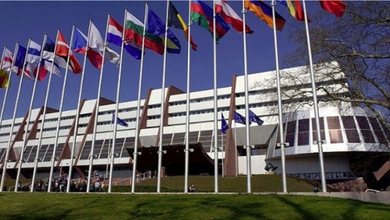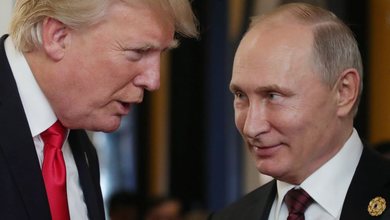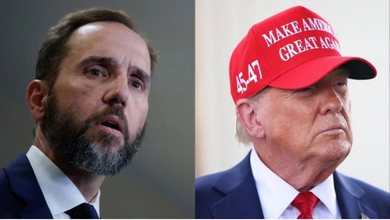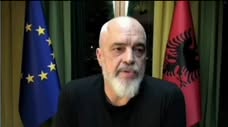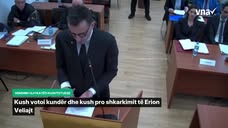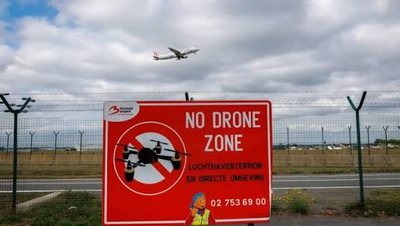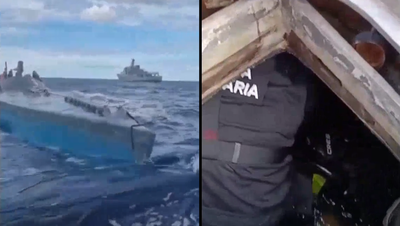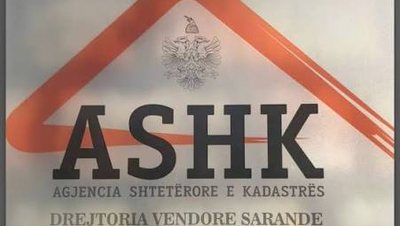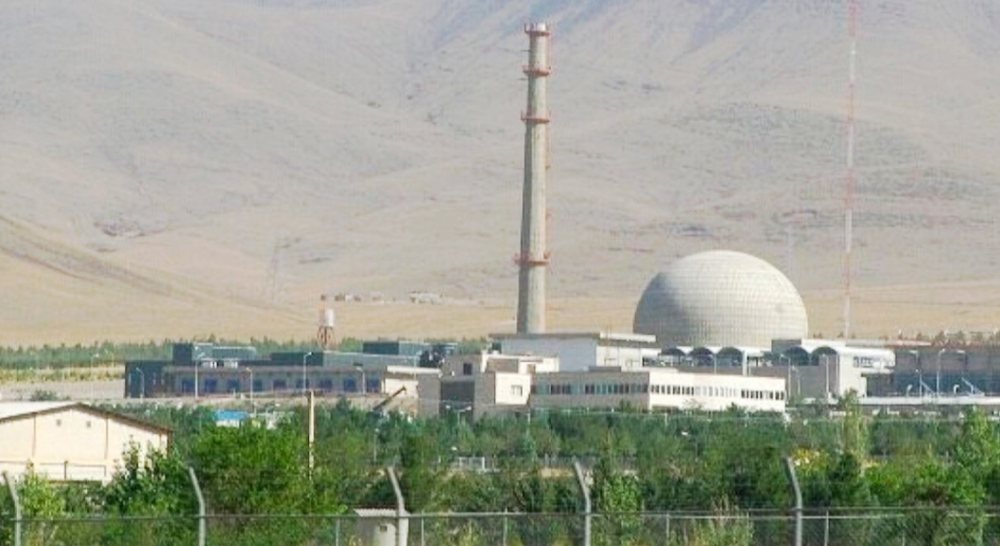
A Financial Times investigation reveals that Russia is secretly helping Iran develop nuclear weapons, through covert collaborations between Iranian experts and Russian institutions that produce dual-use (civilian and military) technology.
???? Key details of the investigation:
On August 4, 2024, a group of five Iranians, including scientist Ali Kalvand, traveled to Moscow on diplomatic passports.
They introduced themselves as representatives of the Iranian company DamavandTec, but investigations show that they had direct links to the Iranian military nuclear program and the SPND organization - sanctioned by the US as a successor to Iran's nuclear program.
????️ Meetings and activities in Moscow
The Iranian delegation visited Russian scientific institutions such as Tekhnoekspert and Toriy, which are linked to the Russian state conglomerate Rostec, previously sanctioned for assisting Iran in missile technology.
Kalvand asked the Russian company Ritverc for radioactive isotopes such as tritium, strontium-90, and nickel-63, which have potential uses in nuclear weapons.
International experts warn that the demand for tritium is a clear indicator of efforts to build modern nuclear weapons.
???? The role of DamavandTec company
The company was used by the Iranian Ministry of Defense to organize the trip to Russia.
It is run by Ali Bakoui, a physicist and former Iranian scientific envoy to Russia, and Kalvand's wife, Laleh Hesmati, also linked to a company sanctioned by the US for supplying technology for ballistic missiles.
???? SPND and official Iranian support
The SPND, a unit under Iran's Ministry of Defense, was officially legalized by the Iranian parliament in 2024 and now operates with expanded powers, including the establishment of commercial and academic branches.
It was founded by Mohsen Fakhrizadeh, assassinated in 2020, and is led by his associate, Fereydoun Abbasi-Davani.
???? International reactions:
Nuclear security and non-proliferation experts express deep concern, stressing that any cooperation with the SPND poses a serious risk to global peace.
Former NATO and US officials point out that the demand for materials like tritium indicates a clear intent to build nuclear weapons.


